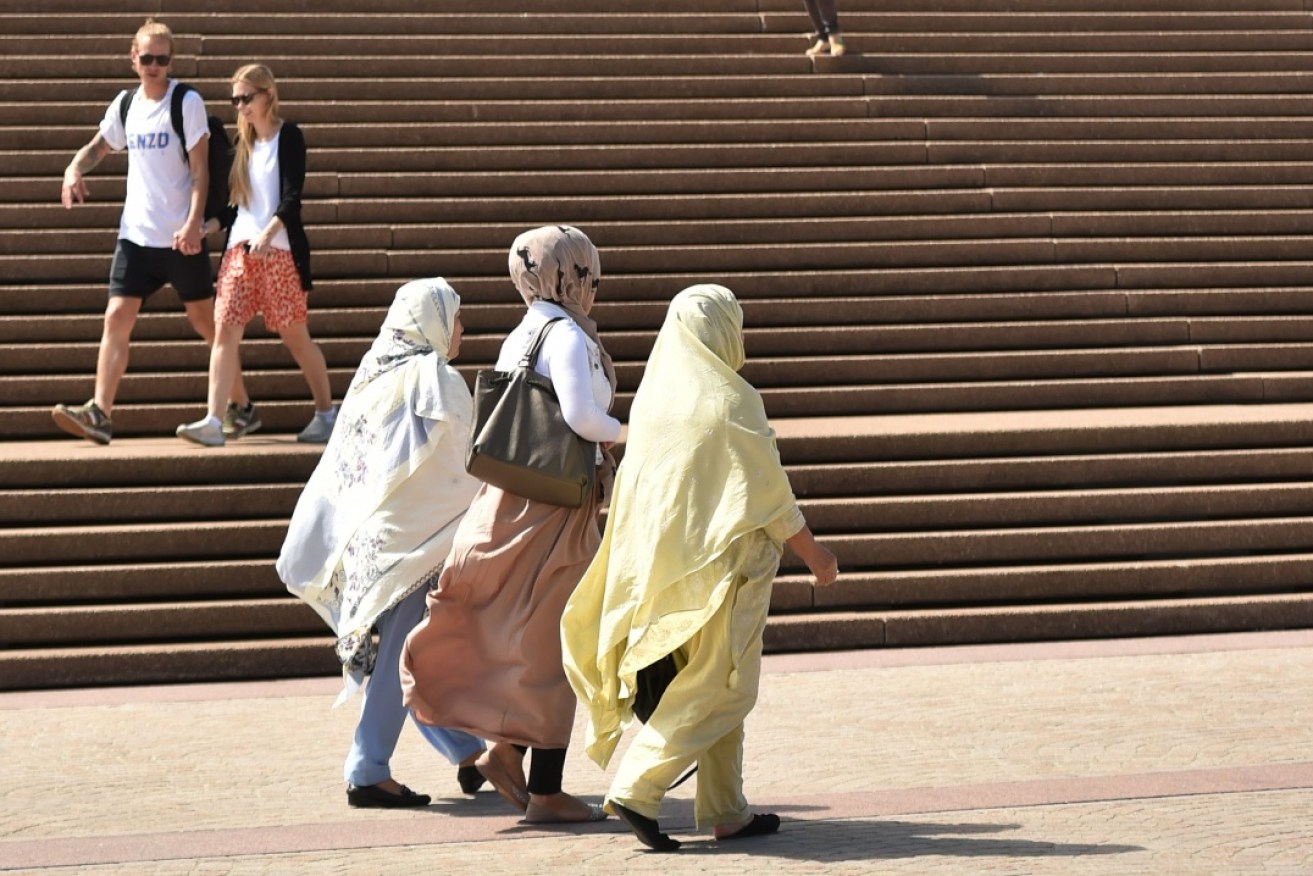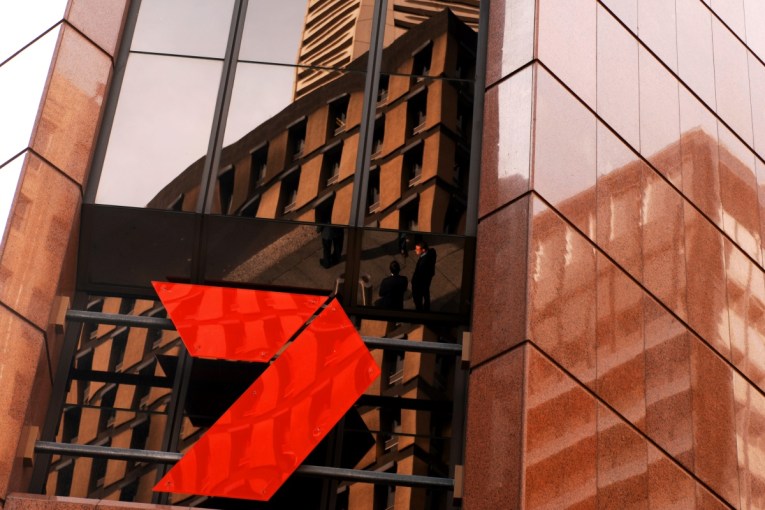School attack, raids leave Muslims ‘shocked and afraid’

There will be restrictions on religious headwear, including for Islamic women. Photo: AAP
A knife-wielding man allegedly threatened murder at an Islamic school in Sydney on Thursday, yet another incident of race-fuelled violence that has Australia’s Muslim community on edge.
The man allegedly brandished a “forearm-length” blade at Al-Faisal College in Campbelltown, New South Wales at approximately 2pm and threatened to kill a teacher and pupil before fleeing, according to a father whose four children attend the school.
The parent, who declined to be named, said his ten-year-old daughter was “traumatised” by the alleged incident, and blamed the government for “whipping up a frenzy”.
• READ MORE: ‘Knife-wielding man’ storms Islamic school
“She expects to go to school and learn, not to be threatened to be killed,” said the Muslim father.
Islamic community under pressure
Tensions are high following counter-terror raids in Sydney and Brisbane and the police shooting of an 18-year-old Muslim man.
“Muslims are evil” were the words graffitied on a Brisbane prayer centre on Thursday, the second Muslim place of worship defaced in Queensland in a week.
Parents of students at a Perth Islamic college have sent letters to their school asking for their children to be allowed to wear plain clothes because the word “Islamic” appears on their uniforms.
“Ban the burqa” is the persistent call from Palmer United Party senator Jacqui Lambie and several government backbenchers, while Muslim women dressed in head coverings report being physically and verbally attacked.
Death threats have even been made against Islamic Council of Victoria secretary Ghaith Krayem and self-proclaimed Islamic sheik Junaid Thorne in Perth.
‘Shock and fear’
Cross-cultural consultant Tasneem Chopra said the response of Australian Muslims to these events is “a combination of shock and fear”.
Her Muslim friends, many of whom were born in Australia, feel “physically frightened and quite unsafe because of the kind of fear and hysteria and racism that’s being whipped up”.
“For the first time in my life, I am actually fearful about my safety in public,” she told The New Daily. “For the first time in my life, I don’t feel safe.”
She is most concerned by the violent anti-Muslim sentiments expressed on talk back radio and social media.

Some Muslim women now feel afraid when they wear the hijab. Source: AAP
For example, Islamophobia Register Australia, a Facebook page created after the counter-terror raids, details many reports of racist attacks, and has itself become a target for hate speech in comments.
Ms Chopra, who wears a hijab, feels more conscious of her head covering than ever before.
“Knowing that when I walk out the door that people are actually thinking and saying what they are, I’m more conscious of how I look. Prior to this, I didn’t pay much heed,” she said.
‘No links’
Extremism, such as the violent attack on police by Numan Haider on Tuesday evening, is extremely rare in the Muslim community, according to Ms Chopra, and it is “irresponsible” to continually link the conflict in Iraq and Syria to Australian Muslims.
Terrorism is “entirely separate” from Australian Muslims, and should be treated as “an incident in itself” rather than some kind of widespread problem in the community, Ms Chopra said.
Some are not afraid.
Sami Hallak, a 23-year-old Muslim man from Greenvale, Victoria, said that while he is concerned by recent events, he still feels safe.
“Growing up as a Muslim in Australia I’ve never really experienced much racism,” Mr Hallak said.
“I guess I’m a little bit concerned, but not to the point where I feel like I need to do something about it.
“I’m not worried about myself because I’m not a racist, I’m not claiming that Islam is better than everything else, I’m not claiming that I’m right or wrong or that violence is the answer, I’m just going about my day.”
Mr Hallak said he finds it difficult to relate to the extremism of knife-wielding Numan Haider, who was shot dead by police.
“Growing up in Australia you shouldn’t really feel obliged to have that sense of extremism,” he said.
“He [Haider] must have had something bring it on. Most Muslims I know aren’t extreme. They might look extreme because of the way they dress or how they grow their beards, but they’ve grown up in Australia and they understand what it means to accommodate everyone.”








